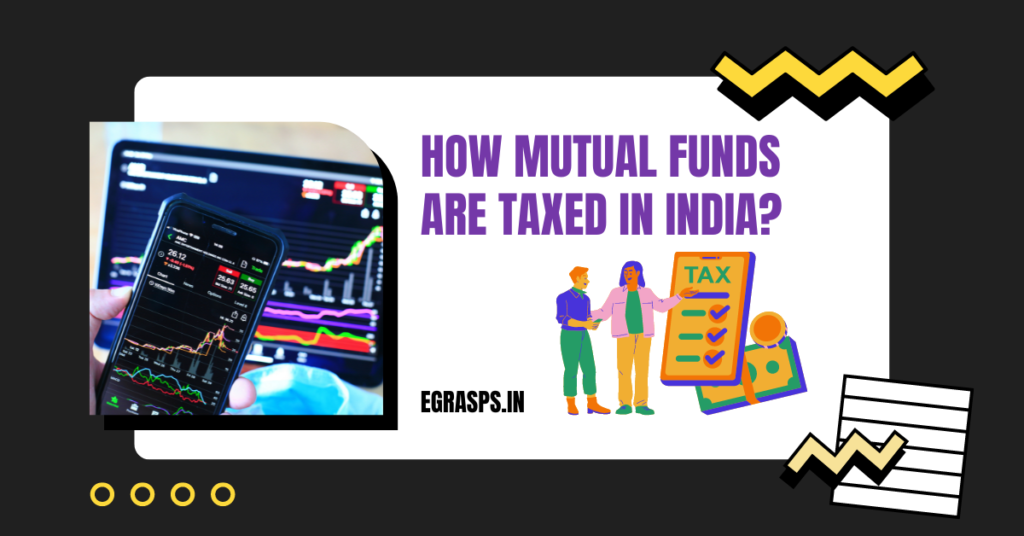FinTech, short for Financial Technology, is the crossroad of finance and technology, and it’s changing the way we suppose about banking, investing, and fiscal services. FinTech is a fleetly evolving field that’s transubstantiating fiscal assiduity, furnishing new openings for businesses and consumers likewise.
In this blog, we’ll explore the crucial generalities, trends, and technologies that are shaping the future of finance through the lens of FinTech.

What is FinTech?
FinTech refers to the use of technology to ameliorate and automate fiscal services. This includes everything from mobile banking apps to robo-counsels, blockchain technology, and digital payments.
The FinTech assiduity has grown fleetly in recent times, with new players entering the request and traditional fiscal institutions investing heavily in technology. In fact, global investment in FinTech reached$ 105 billion in 2020, over from$ 50 billion in 2017.
Crucial generalities in FinTech
To understand FinTech, it’s important to understand the crucial generalities that drive the assiduity. These includes:
- Digital Payments: Digital payments are the transfer of finances between parties using electronic styles. This includes everything from online banking to mobile payment apps like PayPal and Venmo.
- Blockchain: Blockchain is a decentralized digital tally that records deals in a secure and transparent way. It’s the technology behind cryptocurrencies like Bitcoin and Ethereum and has the implicit to revise numerous diligence, including finance.
- Robo-counsels: Robo-counsels are digital platforms that use algorithms to give investment advice and manage portfolios. They offer a low-cost, automated volition to traditional fiscal counsels.
- Lending Platforms: Lending platforms use technology to connect borrowers with lenders, cutting out the need for traditional banks. This allows borrowers to pierce finances snappily and fluently and gives investors the occasion to earn advanced returns.
Trends in FinTech
The FinTech assiduity is constantly evolving, and there are several trends that are shaping its future. These includes:
- Digital Transformation: The COVID-19 epidemic accelerated the relinquishment of digital technologies across all diligence, including finance. As a result, we can anticipate seeing further digital payment options, digital banking, and online lending in the future.
- Artificial Intelligence: Artificial intelligence( AI) is being used to automate tasks and ameliorate decision-making in finance. We can anticipate seeing further AI-powered chatbots, robo-counsels, and fraud discovery systems in the future.
- Open Banking: Open banking is the practice of participating in fiscal data with third-party providers, allowing for lesser invention and competition in the assiduity. This has the implicit to give consumers further substantiated fiscal products and services.
Conclusion
FinTech is a fleetly evolving field that’s transubstantiating fiscal assiduity. With new technologies and trends arising all the time, it’s important for businesses and consumers likewise to stay over-to-date on the rearmost developments. By understanding the crucial generalities and trends in FinTech, we can more prepare for the future of finance and take advantage of the numerous openings it presents.
We hope that we bring some value to your life by posting our content, which might meet your expectations. You can always comment on the post to give feedback or reach out to us through email for sharing what you like to read on our blog.
Reach out to us using email: [email protected]
Open Demat Account with Upstox | Zerodha | Paytm Money
Find More Articles on Our Website: EGrasps
Check out our other posts on Medium.
You can reach out to us on WhatsApp.
Disclaimer:
1. Display of any trademarks, tradenames, logos, and other subject matters of Intellectual Property (IP) belongs to their respective Intellectual Property (IP) owners. Display of such IP along with the related product information does not imply EGrasps.in‘s partnership with the owner of the Intellectual Property or issuer/manufacturer of such products.



